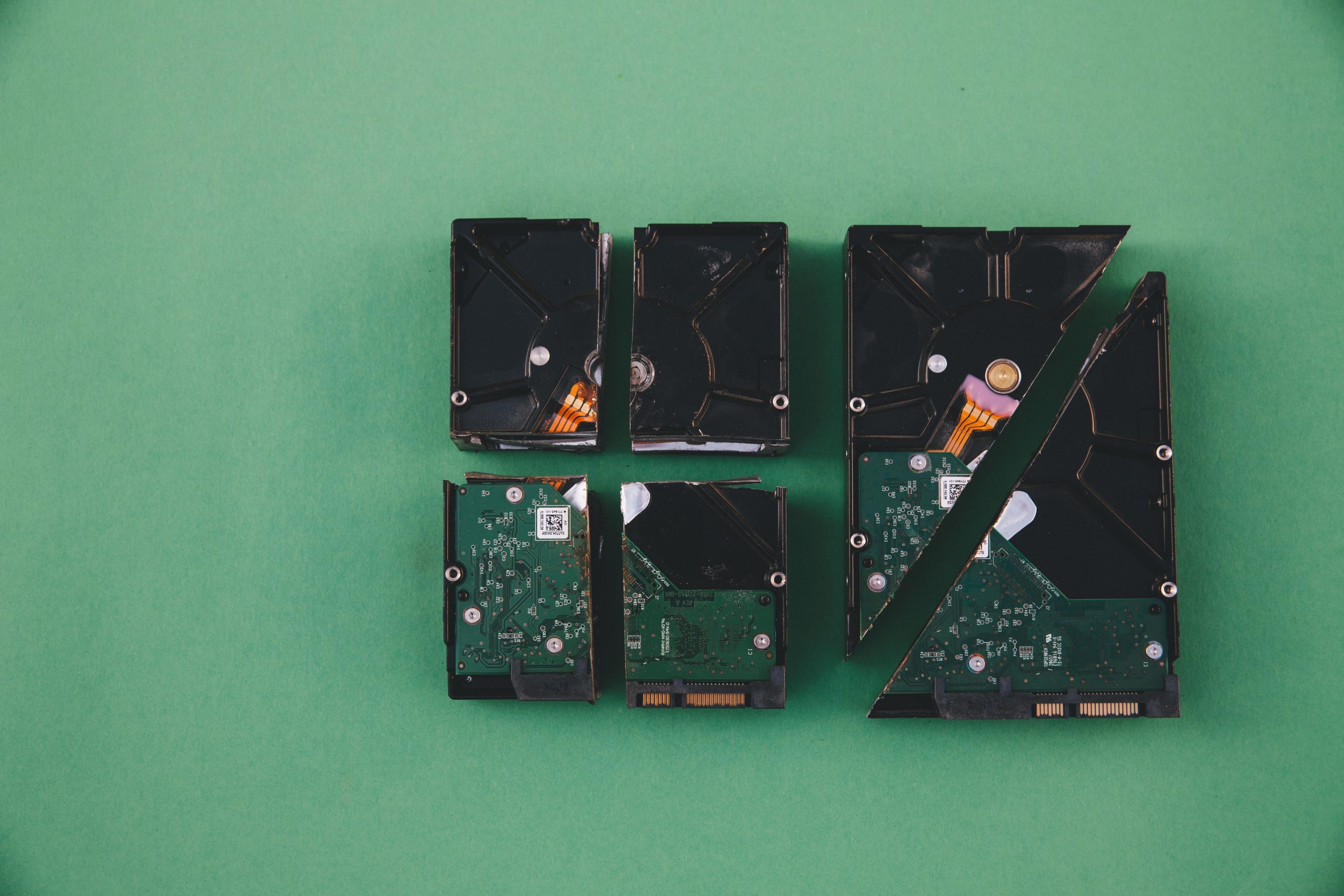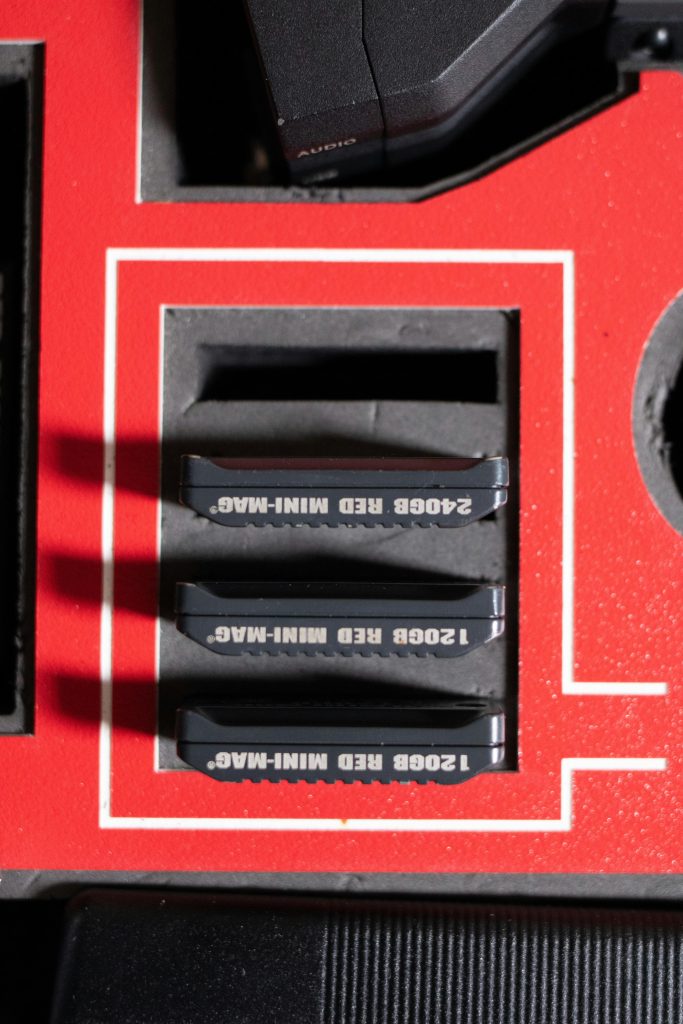Troubleshooting Sudden Game Performance Issues on External HDD: A Guide
Experiencing game stuttering, freezing, or crashing can be frustrating, especially when the setup previously worked flawlessly. If you’re facing such issues with an external hard drive (HDD), particularly after months of smooth gameplay, there are several potential causes and solutions worth investigating. This guide covers common reasons and practical steps to help resolve these problems.
Understanding the Context
In this scenario, a user’s gaming laptop—equipped with an MSI Gaming Laptop with an Intel Core i7 processor, NVIDIA RTX 3050 GPU, 16GB of DDR4 RAM, a 500GB SSD, and a Western Digital Passport 1TB external HDD—began experiencing performance declines with certain games stored on the external HDD. The HDD had been functioning well for approximately a year but recently started causing issues with games like PEAK, White Knuckle, and That’s Not My Neighbor, which began stuttering or crashing. Interestingly, some games stored on the SSD or external HDD such as Monster Hunter Stories and Overwatch 2 continued to run normally.
What Could Be Causing the Issue?
Several factors may contribute to this sudden degradation in performance:
- External Drive Health: External HDDs can develop bad sectors or other hardware issues over time, especially with frequent use or physical shocks.
- File System Errors: Data corruption or file system inconsistencies can impact game performance.
- Connection Problems: Faulty or loose USB cables, ports, or interface issues can cause data transfer problems.
- Background Processes: System processes or other applications may be consuming resources, affecting game performance.
- Driver or Firmware Outdated: Outdated drivers for the external HDD or USB controllers may lead to instability.
- Fragmentation or Disk Optimization: Although Western Digital recommends against defragmenting some of their drives, in general, fragmentation can slow disk access.
- Power Settings: Power management settings may be limiting drive performance.
Step-by-Step Troubleshooting
- Check External HDD Health
- Use diagnostic tools such as Western Digital’s Data Lifeguard Diagnostic or CrystalDiskInfo to assess drive health.
-
Look for SMART errors or signs of physical deterioration.
-
Test Connection Interfaces
- Swap the USB cable with a known-good one.
- Connect the HDD to a different USB port, preferably a USB 3.0 port.
- If available, try connecting via a different computer to see
Share this content:



